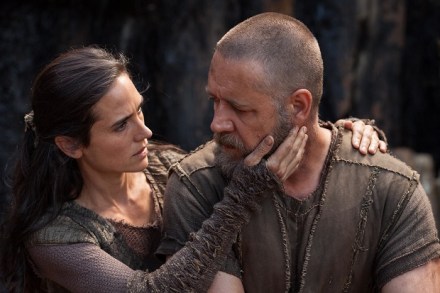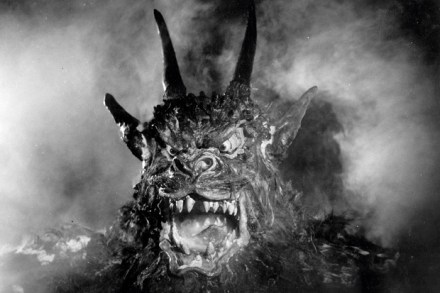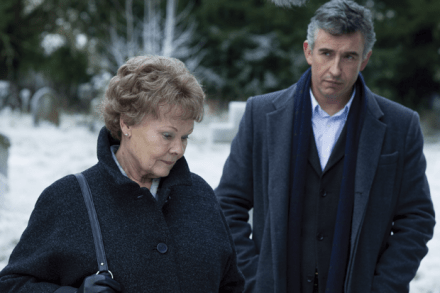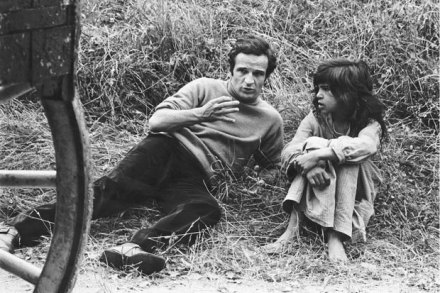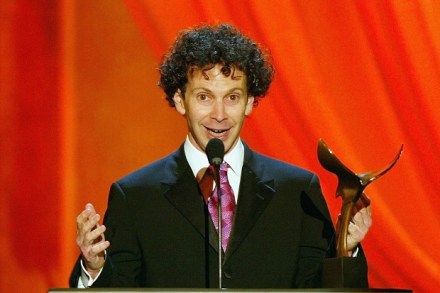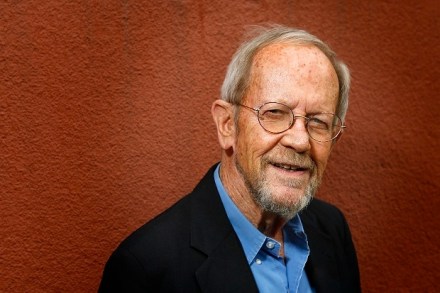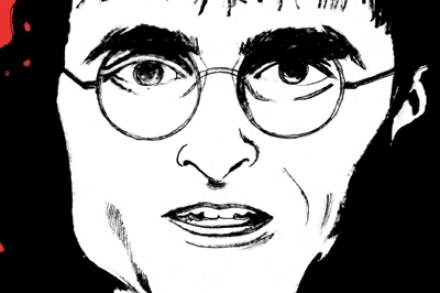From Anthony Trollope to Meryl Streep: the theatre of politics on stage and screen
On 1 October 1950 the BBC broadcast a seemingly innocuous little play by Val Gielgud. A light-hearted and critically unremarkable political comedy, Party Manners carried a number of pointed criticisms of Labour policy, taking pot shots at egalitarianism, tax-and-spend and big government. With Clement Attlee’s party enjoying only the slimmest of parliamentary majorities and a fresh election in the offing, some BBC executives feared that Party Manners might swing the balance in the Tories’ favour. Lord Simon of Wythenshawe, chair of the BBC governors and a Labour party member, cancelled a planned repeat showing, unleashing a storm in the House of Lords. The controversy evoked memories of 1906, when Harley




